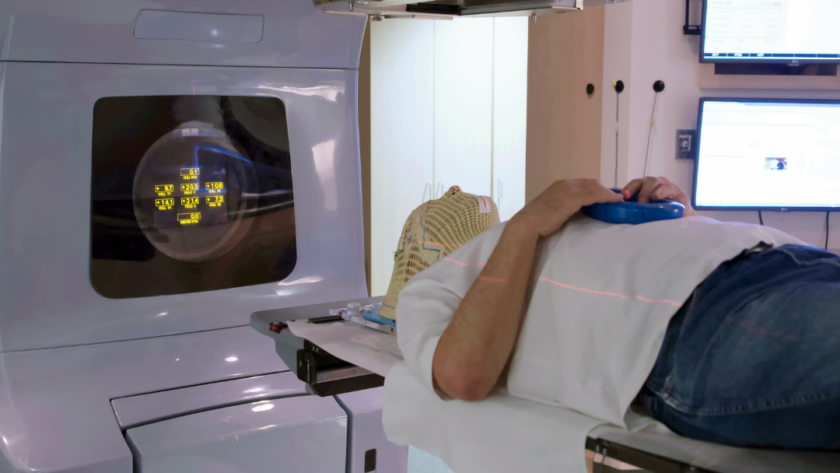When it comes to battling cancer, every individual deserves the most effective and targeted treatment available. In recent years, proton therapy for colon cancer has gained attention as a potential game-changer in cancer treatment. But what exactly is proton therapy, and how does it fare against colon cancer? In this article, you can explore the ins and outs of proton therapy, its benefits, and its suitability for treating colon cancer.
Understanding Proton Therapy: A Precise Approach to Cancer Treatment
Before you delve into the specifics of using proton therapy for colon cancer, first grasp the fundamental concept of this advanced treatment.
What is Proton Therapy?
Proton therapy is a radiation therapy in which proton particles are used to target and destroy cancer cells. Unlike traditional X-ray radiation, which uses photons, proton therapy delivers energy directly to the tumour with minimal damage to surrounding healthy tissues. This precision is what sets proton therapy apart and makes it a promising option for various types of cancer.
The Benefits of Proton Therapy
Proton therapy offers several advantages that have contributed to its popularity in cancer treatment, including:
1. Targeted Radiation Delivery
One of the most significant benefits of proton therapy is its ability to precisely target the tumour while sparing nearby healthy tissues. This is particularly important in complex areas like the abdomen, where colon cancer often occurs.
2. Reduced Risk of Side Effects
Because proton therapy minimises radiation exposure to healthy tissues, patients may experience fewer side effects compared to traditional radiation treatments. This can lead to a better quality of life during and after treatment.
3. Suitable for Pediatric Patients
Proton therapy’s precision makes it a suitable option for treating paediatric cancer patients, as it reduces the risk of side effects that can impact a child’s growth and development.
Proton Therapy for Colon Cancer: Breaking Down the Potential
Colon cancer is a common type of cancer affecting the large intestine, and it is usually treated with surgery, chemotherapy, and radiation therapy combined. Proton therapy’s unique properties make it an intriguing option for tackling colon cancer.
1. Addressing Challenging Locations
Colon cancer often presents challenges due to its location within the body, near critical structures like the small intestine and bladder. Proton therapy’s ability to precisely target the tumour minimises the risk of damaging nearby organs and tissues.
2. Minimising Long-Term Effects
Because colon cancer treatment can involve prolonged radiation exposure, the risk of long-term side effects becomes a concern. Proton therapy’s targeted approach can help minimise the risk of chronic complications in the surrounding area.
3. Enhancing Treatment for Recurrent Cases
For patients with recurrent colon cancer, proton therapy can offer a renewed approach to treatment. Its ability to focus on specific areas makes it an attractive option when traditional treatments have been exhausted.
Patient Experience: Stories of Hope
While discussing the technical aspects of proton therapy is essential, the human side of the story cannot be overlooked. Patients who have undergone proton therapy for colon cancer often share stories of hope and improved quality of life. By minimising side effects and providing effective treatment, proton therapy can contribute to a more positive cancer treatment journey.
Conclusion: Exploring Promising Avenues
Is proton therapy good for colon cancer? The answer lies in its precision, potential for minimising side effects, and suitability for complex cases. As medical technology continues to advance, proton therapy remains a promising avenue for enhancing cancer treatment outcomes. However, as with any medical choice, it is critical to contact a skilled medical practitioner to establish the best course of action for each individual’s particular circumstances. Proton therapy, with its remarkable ability to target cancer while sparing healthy tissues, is undeniably a beacon of hope in the battle against colon cancer.



